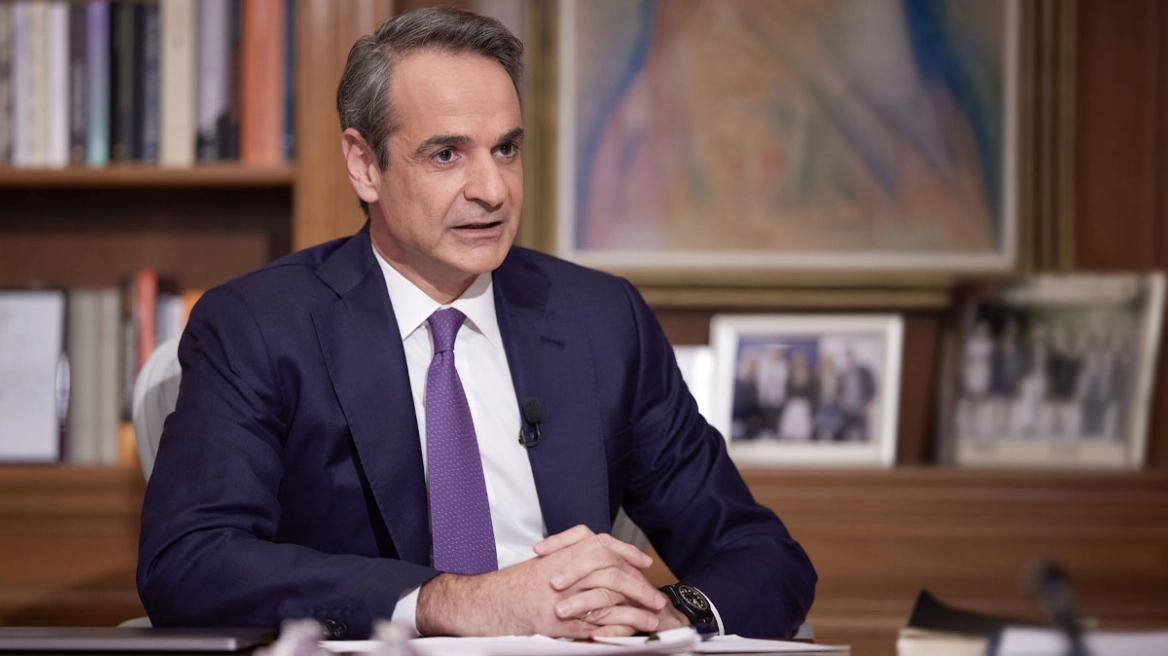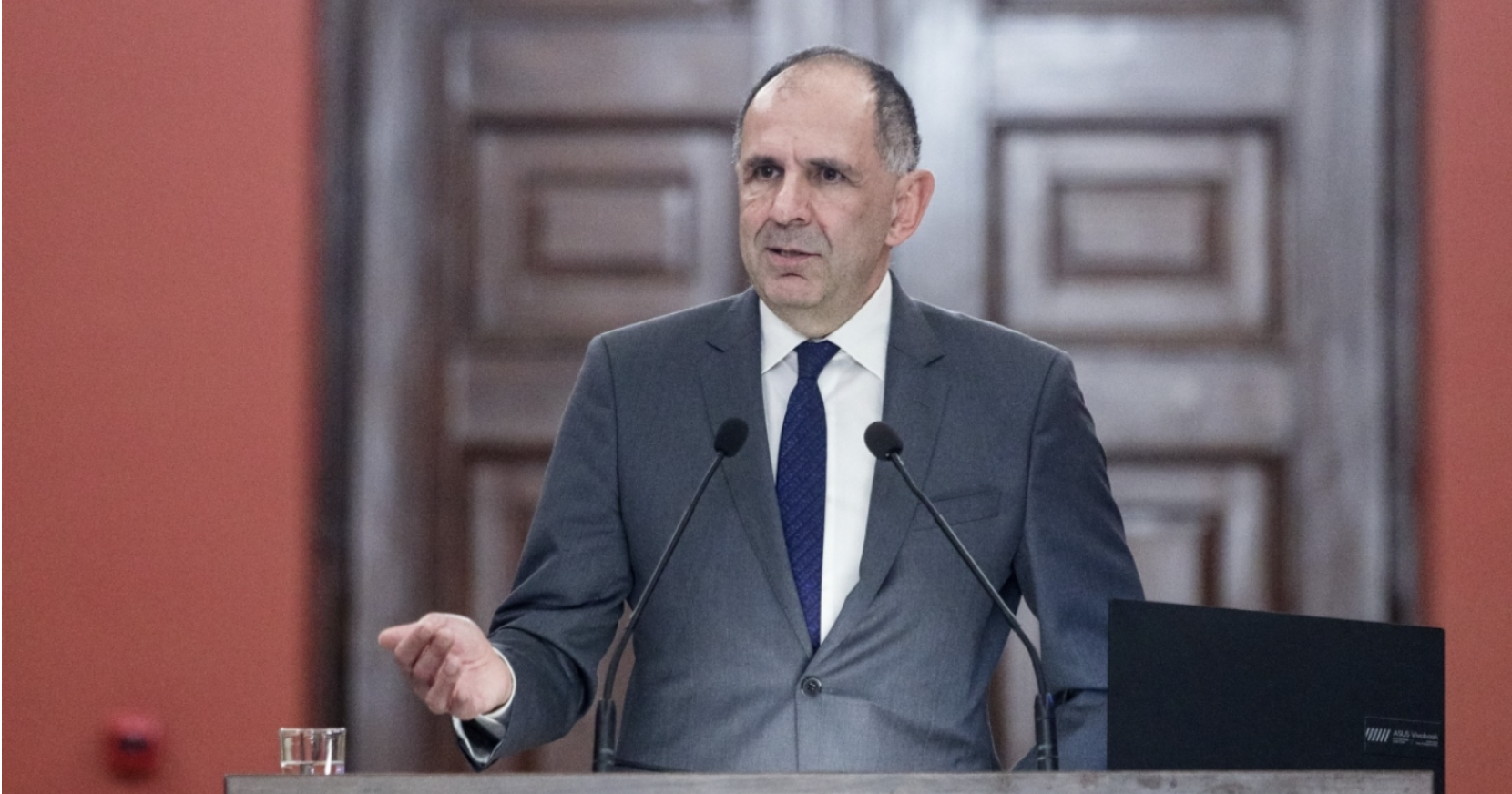Greece should use the time before the end of its adjustment program to think about how to return to the markets, the managing director of the European Stability Mechanism (ESM) Klaus Regling said after the Eurogroup meeting in Brussels on Monday.
“Our programme with Greece ends next year in August, but it is a good moment to think about it,” he said at a joint press conference with Eurogroup President Jeroen Dijsselbloem and European Economic and Financial Affairs Commissioner Pierre Moscovici.
He said Greece has been away from the markets since 2009, with an exception in 2014. “Greece has been absent from the markets for quite a while. There were two bonds issued in 2014, but otherwise, not since 2009.
Therefore, it is important for Greece to develop a strategy to go back,” he said, adding it is “not wise” to wait until the end of the program.
“We know from the other countries that successfully exited their programmes ? Ireland, Portugal, Cyprus ? that they went to the market well before the end of their program,” he said, adding “it would not be wise to rely on the ESM to the last day of the program, and then from the next day, a hundred percent on the market. That would not be good.”
Regling also said the markets must be convinced that this is not “a one-off step” but that “they want to see how it continues in the future. And also markets want to be reassured that reforms continue.”
He said the disbursement of the loan instalment earlier today is a sign that lenders and Greece concluded the second review, that there is good cooperation. “But it must continue during the remainder of the program ? that?s important for investors, I hear that whenever I talk to them. So that should also be kept in mind by the Greek authorities.”
Regling also noted that Greece will not need that much money from the markets in the future. “There was an overall fiscal surplus last year; it will dip a bit, but there will be a primary surplus, and we agreed over the last few years, and it was confirmed in the last Eurogroup in June that there will be a primary surplus first 3.5 pct and at least 2 pct for the long run. And that means Greece does not need to go to the market to finance a fiscal deficit.”
Ask me anything
Explore related questions





